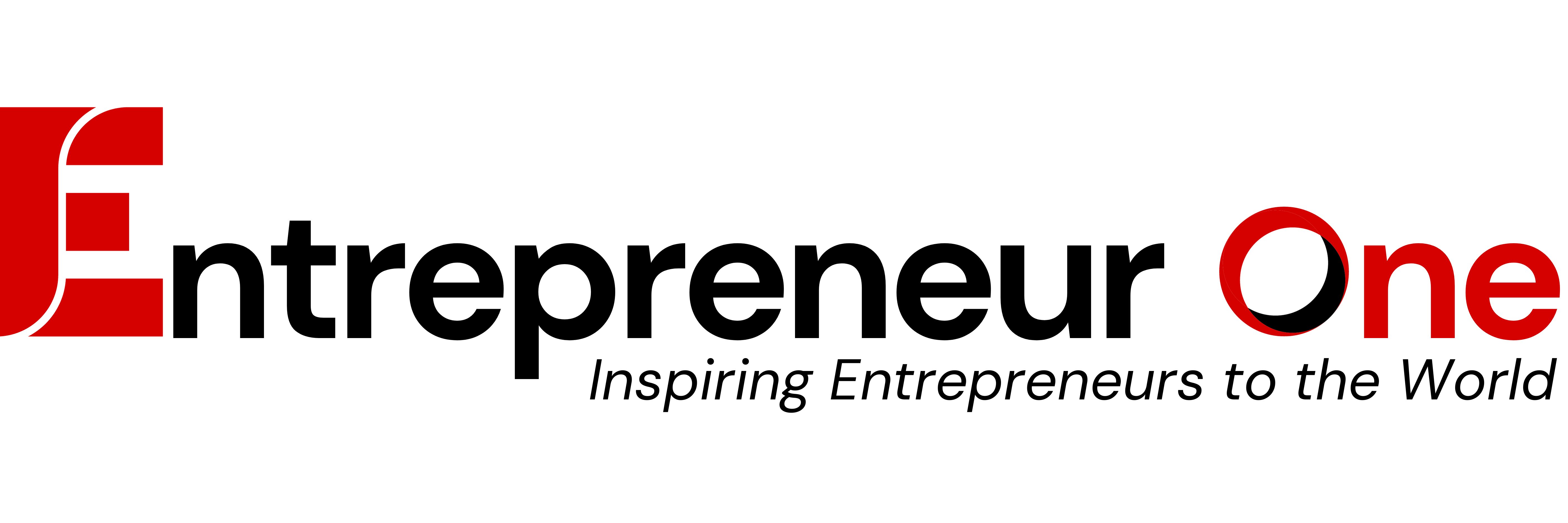It’s a thrilling and often terrifying journey to start a startup. While innovation and technology drive a big part of a startup’s success, talent may be among the most important and often underestimated factors. Hiring—and keeping—the right people can either make or break a startup. Attracting upper-crust professionals and keeping them around long enough to see the fruits of their labor is not just done by offering paychecks; it takes a strategic, thoughtful, people-first approach to hiring, onboarding, engagement, and long-term growth.
This article outlines various actionable measures that startups can use to attract and retain top talent. We will focus on specific challenges facing startups, practical measures to apply, cultural surroundings, and leadership practices, all aimed at creating an environment where talent can thrive.
1. Understand the Unique Challenges Startups Face in Talent Acquisition
Traditional enterprises enjoy several advantages over startups in wooing high-quality talent:
- Limited brand recognition: Top candidates may be more attracted to recognizable, stable brands.
- Budget constraints: Start-ups cannot match competitive salaries and benefits.
- Uncertain future: Start-ups come with high risks; some may fold within the first year, which can deter candidates.
- Small HR teams: Recruitment processes may not be very smooth or efficient.
Understanding these hurdles is job one. Job two is composing countermeasures that turn challenges into sweet opportunities.
2. Use Technology to Assist HR Operations
Modern startups cannot afford to waste unnecessary time on ineffective hiring, onboarding, or employee engagement processes. Finding and embracing digital aids saves time and increases human capital management accuracy for startups.
There is a wide range of software available today to empower lean HR teams, from applicant tracking systems to performance review platforms. Companies can consider integrating a resume builder app on their careers page, which would reduce the effort required by applicants and could lay the groundwork for attracting committed and prepared candidates.
Above all, digital poise would allow startups to automate the mundane tasks so they can focus on what matters: people.
3. Define and Communicate Employees’ Unique Value Proposition (UVP)
With a strong Employee Value Proposition (EVP), startups can attract top candidates by addressing the key question: “Why work here?”
The salary and title matter, yet there are other, sometimes better, aspects to consider:
- Equity and stakes in the business
- Flexible hours and perhaps working from home
- An environment where you learn fast
- A chance to shape the company’s future
- A chance for mentoring and personal growth
Communicate your integrated employee value proposition (EVP) through each stage of the hiring process. Candidates should walk away from each interview with a clear sense of how your startup connects with, or perhaps even conflicts with, their personal and professional goals.
4. Ensure You Have a Scalable Hiring Strategy
Startups’ hiring processes need to grow without sacrificing quality. Here’s how to establish a recruiting process that can scale with your business:
A. Standardize Job Descriptions
Leave out the jargon. Be friendly, candid, and straightforward in describing the role, impact, and expectations. Include what the challenges are, since honesty builds trust.
B. Take Advantage of Networks and Referrals
Have employees and company advisors refer candidates. Of course, people are most likely to recommend ones who fit your start-up’s culture.
C. Smartly Using Hiring Platforms
Post your job on niche job boards and platforms for startup-minded people. Some start-ups also use tools such as applicant tracking systems (ATS), LinkedIn Recruiter, or even third-party integrations into a live resume builder app to speed up the shortlisting and screening process.
D. Culture Fit and Potential Should Come First
The candidate’s ability to adjust, grasp concepts, and collaborate will often weigh heavier than their alma mater or last job. Focus on the ability to do, not just the will to do.
5. Get the Right Creative Compensation Packages
Startups may not be able to challenge big corporations on salary, but can certainly get clever on total compensation packages:
- Ownership stakes: Granting stock options can make employees feel like they own the company.
- Flexible work: The remote-first culture is gaining a foothold.
- Customizable benefits: Allowing employees to choose from health plans, wellness perks, and learning stipends.
- Non-monetary rewards, such as public recognition, flexible leave policies, and celebrations, benefit goodwill and loyalty.
- Transparency is crucial: Clearly outline how equity works and the potential long-term value of stock options.
6. A Smooth Onboarding Experience
The first impression counts. An unstructured or chaotic onboarding process may cause a new hire to feel worthless or second-guess their decision.
Best practices for great onboarding:
- Preboarding materials, including company handbooks, logins, and intro videos, should be sent before their first day.
- Structure training: Provide a 30, 60, and 90-day plan to outline their success.
- Mentoring: A buddy or mentor would help guide them through their first few weeks.
- Early wins: Set achievable goals to help new hires build confidence and momentum.
7. Encourage a Positive and Purpose-Driven Culture
People don’t work solely for paychecks; they work for purpose, growth, and relationships. One of the best ways to retain top talent is to build a positive culture.
Tips to build a thriving culture:
- Lead with transparency: Regularly update the team about the company’s performance and strategy.
- Recognition and celebration: Celebrate big milestones and small wins.
- Encourage feedback: Create an open-door policy and act on suggestions from employees.
- Promote autonomy: Let your team make decisions and take ownership of their work.
A positive culture will not only be the reason to keep your employees on board, but it will also build passionate advocates for your business who will attract potential talent.
8. Offer Career Development
Top talent has growth as its primary motivator. If your startup cannot offer considerations for career growth, your best employees might leave in search of greener pastures.
Strategies to support professional growth:
- Customized learning pathways: Courses, certifications, and coaching to meet each employee’s goals.
- Internal mobility: Encouraging personnel to pursue varied roles within the organization.
- Purposeful performance review: A well-rounded performance review is regularly and constructively geared toward growth, not just ratings.
- Leadership development: Groom top performers to prepare them for leadership roles through training and mentoring.
Investing in people shows an interest in their long-term success, not just the immediate needs of the business.
9. Balance Work and Life, Respect Employees’ Well-being
At the startup level, hustle culture can sometimes blur the lines between professionalism and personal life. The passion and commitment to the hustle are essential, but burnout is a real thing.
Ways to promote balance and well-being:
- Flexible schedules: Let the employee determine how and when they work, as long as it meets the deliverables.
- Mental health resources: These offer access to therapy, wellness apps, or mental health days.
- Encouragement of time-off: If leadership takes vacations, employees will feel comfortable doing so.
- Healthy work format: Provide your employees with good working conditions, including ergonomic chairs, well-organized desk setups, and time for healthy breaks.
A balanced employee base is a happy base and, therefore, more productive and creative.
10. Create an Attractive Employer Branding
As you market your product or service to customers, so does your potential employee. To be more properly defined, employer branding is about presenting your startup as a truly inspiring and mission-driven workplace.
Key components of a strong employer brand include:
- Mission and vision: Why does your startup exist, and what impact does it aim to have?
- The founder’s story: People love stories. Talking about your journey as a founder can make the brand more human and relatable.
- The startup culture: Collaboration and working toward innovation are some facets of personal growth.
- Social proof: Explaining testimonials, success stories, and media clips that add proportion to the claims made.
Today, top talents will begin their research online. Ensure that your careers page, LinkedIn, and other platforms accurately project your values and employee experience.
Conclusion
Attracting and retaining the right people is not about copying what big companies do but about leveraging your startup’s strengths. Agility, innovation, and vision are the compelling drivers to inspire the right candidates to join your journey. With a strong employer brand, meaningful relationships, and investments in the growth and well-being of your people, you will have a culture that equally attracts great talent and keeps them motivated for the long haul.
In this economy and the battle for talent, startups that develop the philosophy of seeing their team as their greatest asset will prevail over others in growth and creating great places where people love to work.
Author Bio
Sajan Prajapati is a content writer and digital marketing strategist specializing in SEO and content optimization. With over seven years of experience helping brands grow their online presence, he specializes in crafting engaging blog posts, articles, and product descriptions that resonate with readers and rank well on search engines. Sajan regularly writes for industry-leading blogs and enjoys sharing tips on content marketing and effective storytelling.














